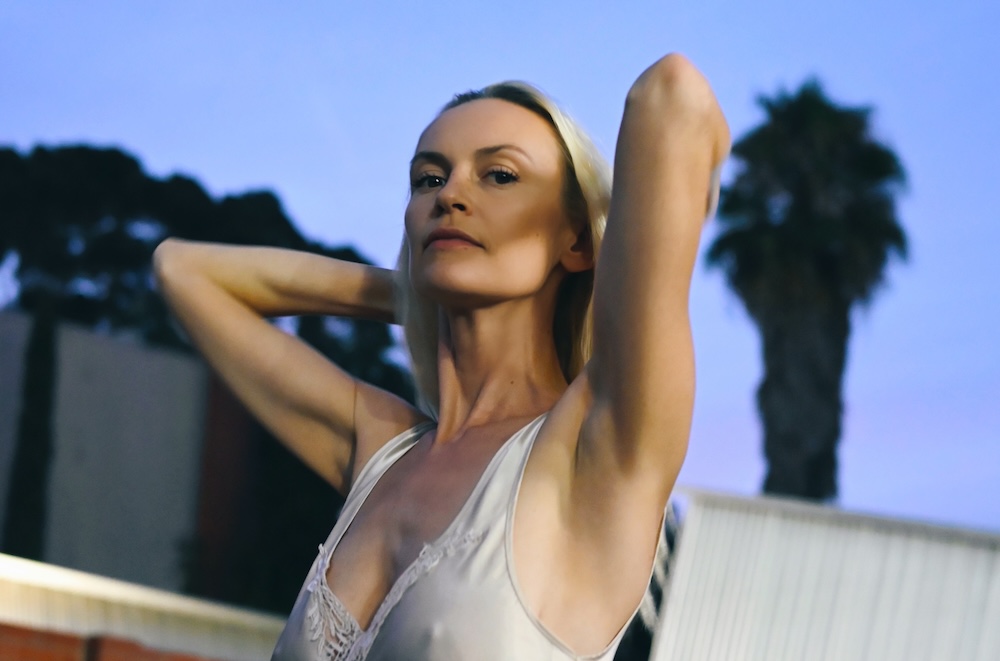Is the West End Rom-Com Musical Craze Killing Originality?

The West End has always been a place where established stories find new life on stage. From classic literature to blockbuster movies, audiences have flocked to see their favourite narratives reimagined with song and dance. However, the recent influx of romantic comedy adaptations has reached a fever pitch. Productions based on films like Pretty Woman, The Wedding Singer, and now Never Been Kissed, are vying for audiences’ attention, leading to questions about the creative landscape of the UK’s premier theatre district.
“There’s definitely a saturation point,” says playwright and composer Ben Hyland. “It’s great to see these stories brought to life, but you have to wonder if we’re relying too heavily on pre-existing IP. Where’s the room for new voices and original stories to emerge?”
The appeal is undeniable. Rom-coms offer a comforting familiarity. Audiences know the plot, they love the characters, and they’re primed for a feel-good experience. Producers are drawn to the built-in audience and reduced risk. Securing the rights to a popular film is often seen as a safer bet than investing in an untested original.
“It’s a business, ultimately,” admits theatre producer Sarah Jenkins. “We’re trying to provide entertainment that people will pay for. Rom-coms have a proven track record of success, and that’s hard to ignore. But I also recognise the importance of nurturing new talent and showcasing unique stories.”
However, the dominance of remakes raises concerns among theatre creatives. Many fear that the focus on established IP is discouraging investment in original works and limiting opportunities for emerging writers and composers. The pressure to replicate the success of existing films can also stifle creative risk-taking.
“There’s a sense that you have to play it safe,” explains actress Emily Carter. “Producers are looking for stories that are guaranteed to appeal to a broad audience, and that often means sticking to familiar formulas. It’s harder to get a chance to showcase something truly innovative and different.”
Despite the challenges, there are still pockets of originality flourishing on the West End. Smaller theatres are providing platforms for new writers and composers, and some larger venues are taking risks on unconventional productions. The key, according to many, is finding a balance between celebrating established stories and nurturing new talent.
“We need to support both,” argues director David Miller. “Remakes can be fantastic, bringing joy to audiences and introducing classic stories to a new generation. But we also need to create space for original voices to be heard. The West End shouldn’t be just a repository for nostalgia; it should be a vibrant hub of creativity and innovation.”
As the rom-com musical boom continues, the conversation about originality and innovation on the West End is only likely to intensify. Whether the current trend is a temporary phenomenon or a sign of a deeper shift in the theatre landscape remains to be seen. But one thing is clear: the future of West End theatre depends on finding a way to balance the comfort of the familiar with the excitement of the new.





